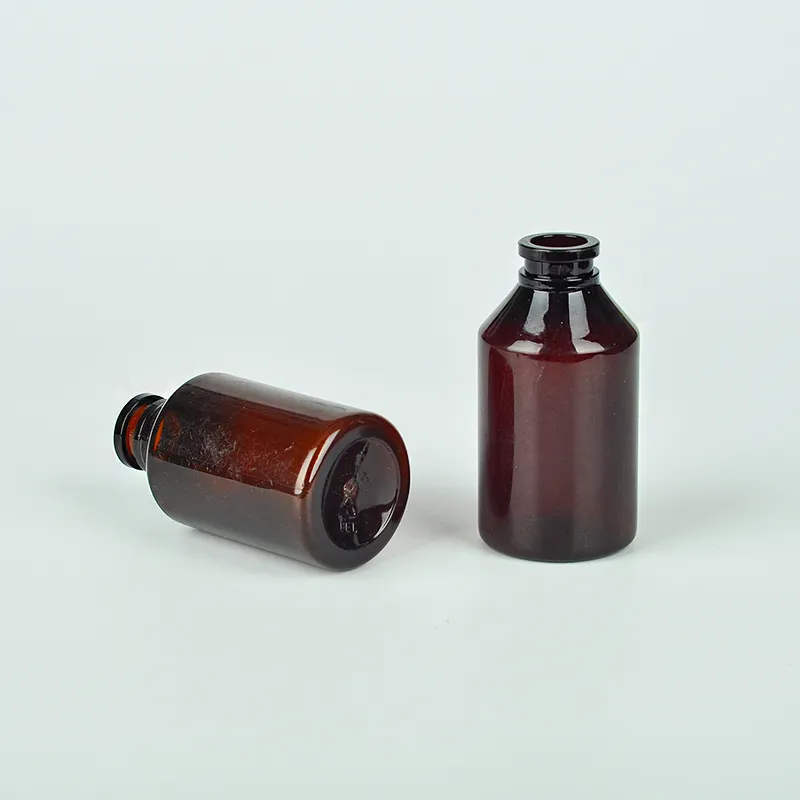
-
 Afrikaans
Afrikaans -
 Albanian
Albanian -
 Amharic
Amharic -
 Arabic
Arabic -
 Armenian
Armenian -
 Azerbaijani
Azerbaijani -
 Basque
Basque -
 Belarusian
Belarusian -
 Bengali
Bengali -
 Bosnian
Bosnian -
 Bulgarian
Bulgarian -
 Catalan
Catalan -
 Cebuano
Cebuano -
 Corsican
Corsican -
 Croatian
Croatian -
 Czech
Czech -
 Danish
Danish -
 Dutch
Dutch -
 English
English -
 Esperanto
Esperanto -
 Estonian
Estonian -
 Finnish
Finnish -
 French
French -
 Frisian
Frisian -
 Galician
Galician -
 Georgian
Georgian -
 German
German -
 Greek
Greek -
 Gujarati
Gujarati -
 Haitian Creole
Haitian Creole -
 hausa
hausa -
 hawaiian
hawaiian -
 Hebrew
Hebrew -
 Hindi
Hindi -
 Miao
Miao -
 Hungarian
Hungarian -
 Icelandic
Icelandic -
 igbo
igbo -
 Indonesian
Indonesian -
 irish
irish -
 Italian
Italian -
 Japanese
Japanese -
 Javanese
Javanese -
 Kannada
Kannada -
 kazakh
kazakh -
 Khmer
Khmer -
 Rwandese
Rwandese -
 Korean
Korean -
 Kurdish
Kurdish -
 Kyrgyz
Kyrgyz -
 Lao
Lao -
 Latin
Latin -
 Latvian
Latvian -
 Lithuanian
Lithuanian -
 Luxembourgish
Luxembourgish -
 Macedonian
Macedonian -
 Malgashi
Malgashi -
 Malay
Malay -
 Malayalam
Malayalam -
 Maltese
Maltese -
 Maori
Maori -
 Marathi
Marathi -
 Mongolian
Mongolian -
 Myanmar
Myanmar -
 Nepali
Nepali -
 Norwegian
Norwegian -
 Norwegian
Norwegian -
 Occitan
Occitan -
 Pashto
Pashto -
 Persian
Persian -
 Polish
Polish -
 Portuguese
Portuguese -
 Punjabi
Punjabi -
 Romanian
Romanian -
 Russian
Russian -
 Samoan
Samoan -
 Scottish Gaelic
Scottish Gaelic -
 Serbian
Serbian -
 Sesotho
Sesotho -
 Shona
Shona -
 Sindhi
Sindhi -
 Sinhala
Sinhala -
 Slovak
Slovak -
 Slovenian
Slovenian -
 Somali
Somali -
 Spanish
Spanish -
 Sundanese
Sundanese -
 Swahili
Swahili -
 Swedish
Swedish -
 Tagalog
Tagalog -
 Tajik
Tajik -
 Tamil
Tamil -
 Tatar
Tatar -
 Telugu
Telugu -
 Thai
Thai -
 Turkish
Turkish -
 Turkmen
Turkmen -
 Ukrainian
Ukrainian -
 Urdu
Urdu -
 Uighur
Uighur -
 Uzbek
Uzbek -
 Vietnamese
Vietnamese -
 Welsh
Welsh -
 Bantu
Bantu -
 Yiddish
Yiddish -
 Yoruba
Yoruba -
 Zulu
Zulu
Screw Cap Design for Laboratory Reagent Storage Bottles
The Importance of Reagent Bottle Screw Caps in Laboratory Settings
In the world of chemistry and laboratory work, precision and safety are paramount. One seemingly small yet critical component that plays a significant role in this environment is the screw cap for reagent bottles. Though they might appear inconspicuous, these caps are indispensable in ensuring the integrity, safety, and usability of various chemical substances.
Screw caps are designed to provide a secure and airtight seal for reagent bottles, which contain a range of chemicals used in experiments, reactions, and analyses. The importance of this sealing mechanism cannot be overstated, as it prevents contamination from foreign materials and ensures that the reagents maintain their intended purity. Contaminated reagents can lead to inaccurate experimental results, wasted resources, and potentially hazardous reactions.
The Importance of Reagent Bottle Screw Caps in Laboratory Settings
Another significant advantage of screw caps is their ease of use. Unlike cork stoppers or snap-on lids, screw caps can be opened and sealed quickly, making them practical for fast-paced laboratory environments. Researchers often juggle multiple tasks at once, and the convenience of screw caps can enhance workflow efficiency. Moreover, they provide a secure grip, allowing for easy handling—even when substances are transferred in and out of the bottles.
reagent bottle screw cap

Cost-effectiveness is another critical consideration. Reagent bottle screw caps are typically inexpensive, especially when purchased in bulk. This affordability allows laboratories to optimize their budgets while ensuring they do not compromise on safety or quality. Furthermore, many screw caps are designed to be compatible with various types of reagent bottles, bolstering their practicality and minimizing the need for multiple types of closures.
It is essential for laboratories to invest in high-quality screw caps made from suitable materials that can withstand the chemical nature of the reagents housed within. For instance, caps made from polypropylene or PTFE are popular choices for organic solvents and acids due to their chemical resistance. Selecting the right material ensures that the screw caps themselves do not react with the contents of the bottle, thereby maintaining the purity of the reagents.
Lastly, labeling and identification of reagent bottles are critical in laboratory settings for safety and organizational purposes. Many screw caps come equipped with surfaces that can accommodate labels, making it easier to identify the contents quickly. Clear labeling combined with a secure screw cap helps prevent accidents and mismanagement of reagents, fostering a safer working environment.
In conclusion, while they may seem minor in the grand scheme of laboratory operations, reagent bottle screw caps are vital for maintaining the integrity, safety, and efficiency of chemical handling. Laboratories that prioritize the quality of their screw caps stand to benefit from enhanced safety protocols, better experimental outcomes, and efficient workflow—ultimately contributing to the advancement of scientific research.
-
Premium Metal Dropper Bottle for Precise Dispensing 250ml & 1ml Options AvailableNewsJul.04,2025
-
20 ml Headspace Vials - High Quality Polyethylene & Plastic Vials for Lab UseNewsJul.04,2025
-
Small Bottle with Pipette - Precise Dispensing 100ml Pipette Bottles for Essential Oils & Lab UseNewsJun.24,2025
-
Acetic Anhydride Bottle for Accurate Dropper Measurement in Pharmacy Use High-Quality Dropper BottlesNewsJun.10,2025
-
Innovative PET Bottle Design for Juice – Unique Shapes & Customization OptionsNewsJun.10,2025
-
20 Pack Sterilized Petri Dishes – Assorted Sizes, High Quality Small Plastic Petri Dishes for Lab UseNewsJun.10,2025






















